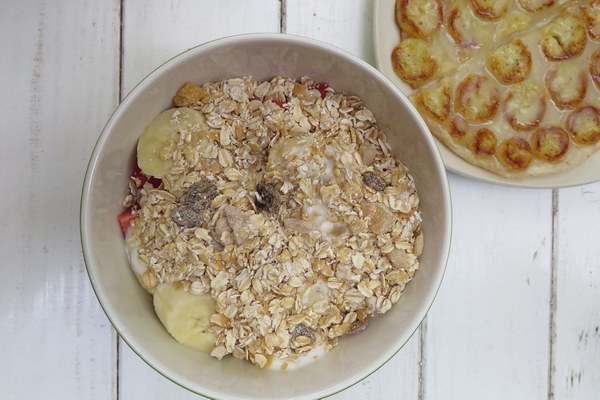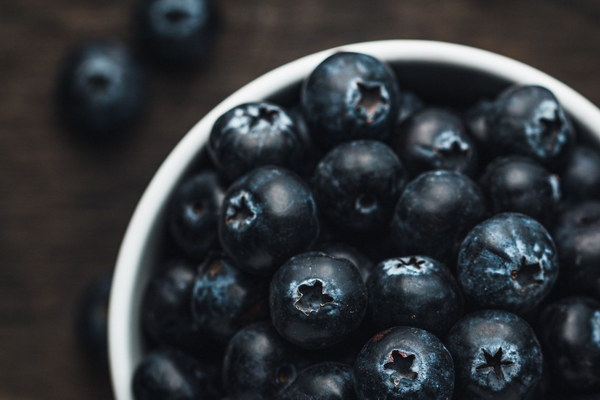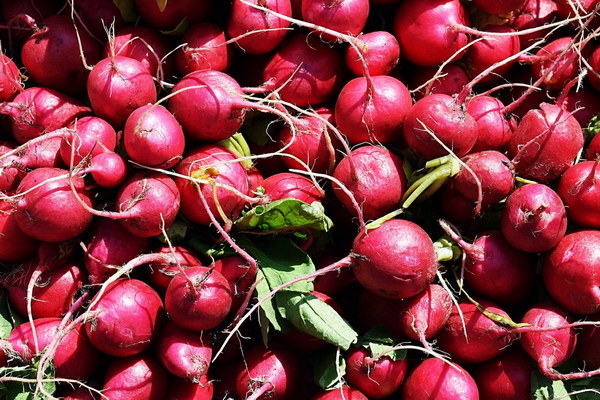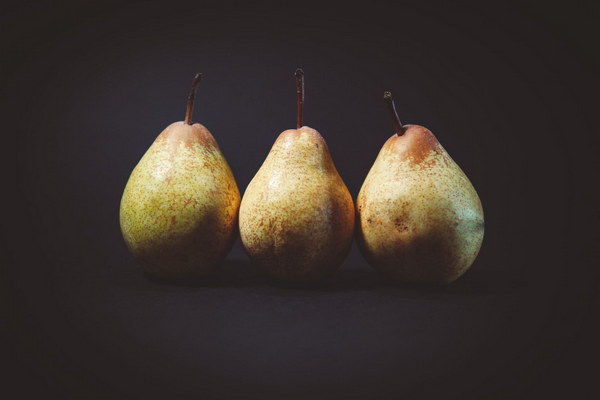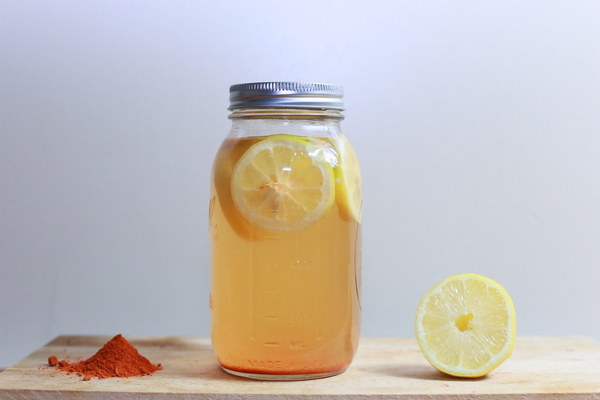Nourishing Remedies for Excessive Sweating in Children A Comprehensive Guide
Excessive sweating, also known as hyperhidrosis, is a common condition among children that can be both uncomfortable and embarrassing. While it may not seem like a major concern, it can significantly impact a child's overall well-being and self-esteem. In this article, we will explore the causes of excessive sweating in children and discuss various dietary remedies to help alleviate this issue.
Causes of Excessive Sweating in Children:

1. Genetics: Excessive sweating can be hereditary, meaning it runs in the family.
2. Medical conditions: Certain medical conditions, such as hyperthyroidism, diabetes, and neurological disorders, can lead to excessive sweating.
3. Hormonal changes: Puberty and other hormonal changes can cause an increase in sweat production.
4. Anxiety and stress: Emotional factors, such as anxiety and stress, can trigger excessive sweating.
5. Environmental factors: Extreme temperatures, humidity, and tight clothing can exacerbate sweating.
Dietary Remedies for Excessive Sweating in Children:
1. Stay hydrated: Adequate water intake is crucial for maintaining the body's temperature and reducing sweating. Encourage your child to drink plenty of water throughout the day.
2. Limit caffeine and alcohol: Caffeine and alcohol can dehydrate the body and increase sweating. Minimize these substances in your child's diet.
3. Consume electrolyte-rich foods: Electrolytes, such as potassium, sodium, and magnesium, help regulate sweat production. Include foods like bananas, avocados, and nuts in your child's diet.
4. Eat a balanced diet: A balanced diet rich in fruits, vegetables, whole grains, and lean proteins can help maintain a healthy body weight and reduce sweating. Avoid excessive sugar and processed foods, which can disrupt the body's electrolyte balance.
5. Incorporate vitamin B-complex: Vitamin B-complex plays a vital role in the body's metabolism and can help regulate sweating. Foods rich in vitamin B-complex include whole grains, legumes, and lean meats.
6. Omega-3 fatty acids: Omega-3 fatty acids have anti-inflammatory properties and can help reduce sweating. Include fish, flaxseeds, and chia seeds in your child's diet.
7. Herbs and spices: Certain herbs and spices, such as ginger, turmeric, and black pepper, can help regulate sweating. Incorporate these into your child's meals and snacks.
8. Probiotics: Probiotics can help maintain a healthy gut and improve overall immune function, potentially reducing excessive sweating. Encourage your child to consume probiotic-rich foods like yogurt, kefir, and sauerkraut.
In addition to dietary remedies, it's essential to address any underlying causes of excessive sweating in children. Consult with a healthcare professional to rule out any medical conditions or to discuss other treatment options, such as antiperspirants, iontophoresis, or botox injections.
Remember, every child is unique, and what works for one may not work for another. It's important to experiment with different dietary remedies and find what best suits your child's needs. With patience and persistence, you can help alleviate your child's excessive sweating and improve their quality of life.
